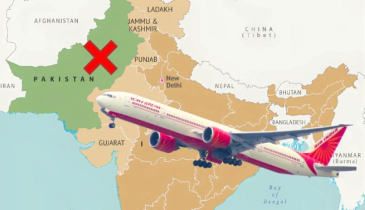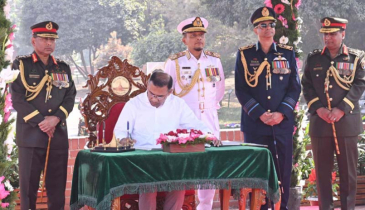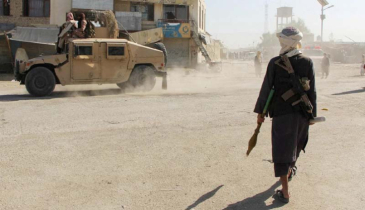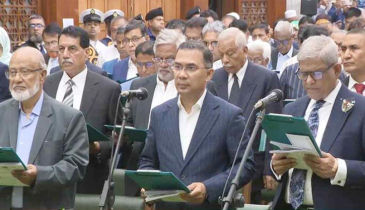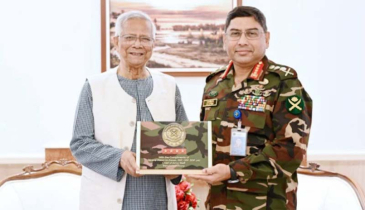Afghanistan seeks to cut economic dependence on Pakistan
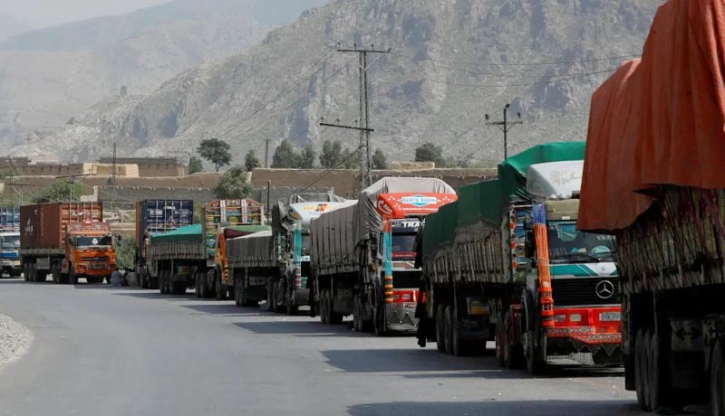
Afghanistan’s Taliban administration is seeking to expand trade ties with Central Asian countries as part of an effort to reduce its decades-long economic reliance on Pakistan, officials and experts said.
According to a report by Radio Free Europe/Radio Liberty, the move comes as Kabul attempts to secure alternative trade routes following the sharp deterioration of relations with Islamabad.
Tensions between Pakistan and Afghanistan escalated last month when both sides exchanged military attacks, leaving dozens dead. Pakistan subsequently closed key border crossings, disrupting commercial flows and causing significant losses.
Afghanistan’s private sector reported losses of around $200 million during the month-long closure, largely because traders could not access Pakistani seaports, which remain Afghanistan’s main link to international markets.
Pakistan, which exports goods valued at $100–200 million per month to Afghanistan — including fruit, cement, medicines, fabrics, shoes and household items — also saw its shipments interrupted.
Taliban Commerce Minister Nooruddin Azizi said Kabul is working with its northern neighbours to “find reliable trade alternatives” and reduce dependence on Pakistan.
Deputy Prime Minister Abdul Ghani Baradar accused Islamabad of using trade as a “political pressure tool” and said recent border closures show the need for Afghanistan to diversify its economic partners.
Experts warn that Afghanistan faces considerable challenges in expanding commerce with Central Asia. The region is landlocked, requiring Afghanistan to rely on long, expensive overland routes to reach markets.
Tariff structures in Central Asian states raise the cost of exporting Afghan products, particularly agricultural goods, while cold storage and transportation facilities remain underdeveloped.
Economist Torek Farhadi told RFE/RL that Afghanistan would need to lower tariffs and introduce incentives to make northern trade routes competitive, but said customs duties remain a key revenue source for the Taliban government.
Several railway projects intended to increase cross-border trade capacity are still incomplete or lack funding.
The Taliban’s lack of international recognition prevents Kabul from accessing financing from institutions such as the World Bank and the International Monetary Fund. Analysts say this restricts Afghanistan’s ability to develop the infrastructure necessary to expand northbound trade.
Afghan officials say trade with Uzbekistan, Kazakhstan, Turkmenistan, Tajikistan and Kyrgyzstan has grown in recent years, reaching nearly $1.7 billion. However, volumes remain modest relative to Afghanistan’s trade with Pakistan.
Despite Kabul’s new focus on Central Asia, Pakistan continues to provide Afghanistan’s fastest and most cost-effective transit route to seaports. The border crossings at Torkham and Chaman remain the main gateways for Afghan imports and exports.
Recent clashes between Pakistani and Taliban forces caused repeated closures, leaving thousands of cargo trucks stranded for weeks.
Former Afghanistan Chamber of Commerce official Azarakhsh Hafizi said Afghanistan still depends heavily on Pakistan’s port infrastructure. He added that keeping all transit routes open is important not only for bilateral relations but also for regional economic integration.
.png)


